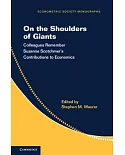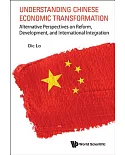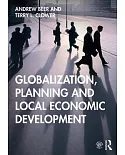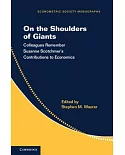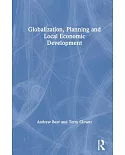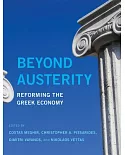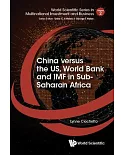“The main argument of this book is that while globalization may reflect a set of very definite technological, economic, and cultural changes, the shape of its significance and its future trends
are far from being rosy for mankind as a whole. The historical specificity of this process does not necessarily guarantee a symmetrical or homogeneous impact worldwide since its victims are in
billions while their beneficiaries are just a tiny percentage of the world’s population. This account of globalization is quite different from the neoliberal account, a discourse about progress
and a rising tide that lifts all boats, a discourse that takes advantage of the historical processes of globalization in order to valorize particular economic prescriptions about how to operate
the economy (through free trade, deregulation, and so on) -- and by implication, prescriptions about how to transform economics, politics, and culture. Highly recommended for research library
collections focusing on Africa and the Global South as well as well as current forms of Globalism and Development Studies.” Dr.Godwin Moye Bongyu,Dean,Catholic University of Bamenda (Cameroon)
Dr.Mentan’s study goes beyond the dichotomies of globalization. He notes that certain dualities recur in the literature on this subject. In one widely influential distinction, there are two
primary forces at work in the rise of globalization: globalization from above, a process that primarily affects the elites within and across national contexts, and globalization from below, a
popular process that primarily draws from the rank-and-file in civil society. This contrast highlights an important political dynamic (and it makes for a handy, hopeful picture of struggle and
resistance on a world scale) but its widespread use obscures the ways in which these two trends are not entirely independent of one another. For example, the groups from "above" and "below"
tend to merge in certain nongovernmental organizations; and the popular movements "from below" may still be perceived in certain local contexts as an imposition "from above." Still other
dualities prevail: of tensions between the global and the local; between economic and cultural dimensions of globalization; between globalization viewed as a trend toward homogenization around
Western (or, even more narrowly, around American) norms and culture, and globalization viewed as an era of increased contact between diverse cultures, leading to an increase in hybridization
and novelty; and between the material and rhetorical effects of globalization—or, as it might be put, between globalization and "globalization." Finally, there is the distinction about whether
globalization is a "good thing" or not: Is globalization beneficial to the cause of economic growth, equality, and justice, or is it harmful? Does it promote cultural sharing, tolerance, and a
cosmopolitan spirit, or does it yield only the illusion of such understanding, a bland,consumerist appreciation,as in a Disney theme park, which elides issues of conflict, difference ,and the
asymmetries of power?


